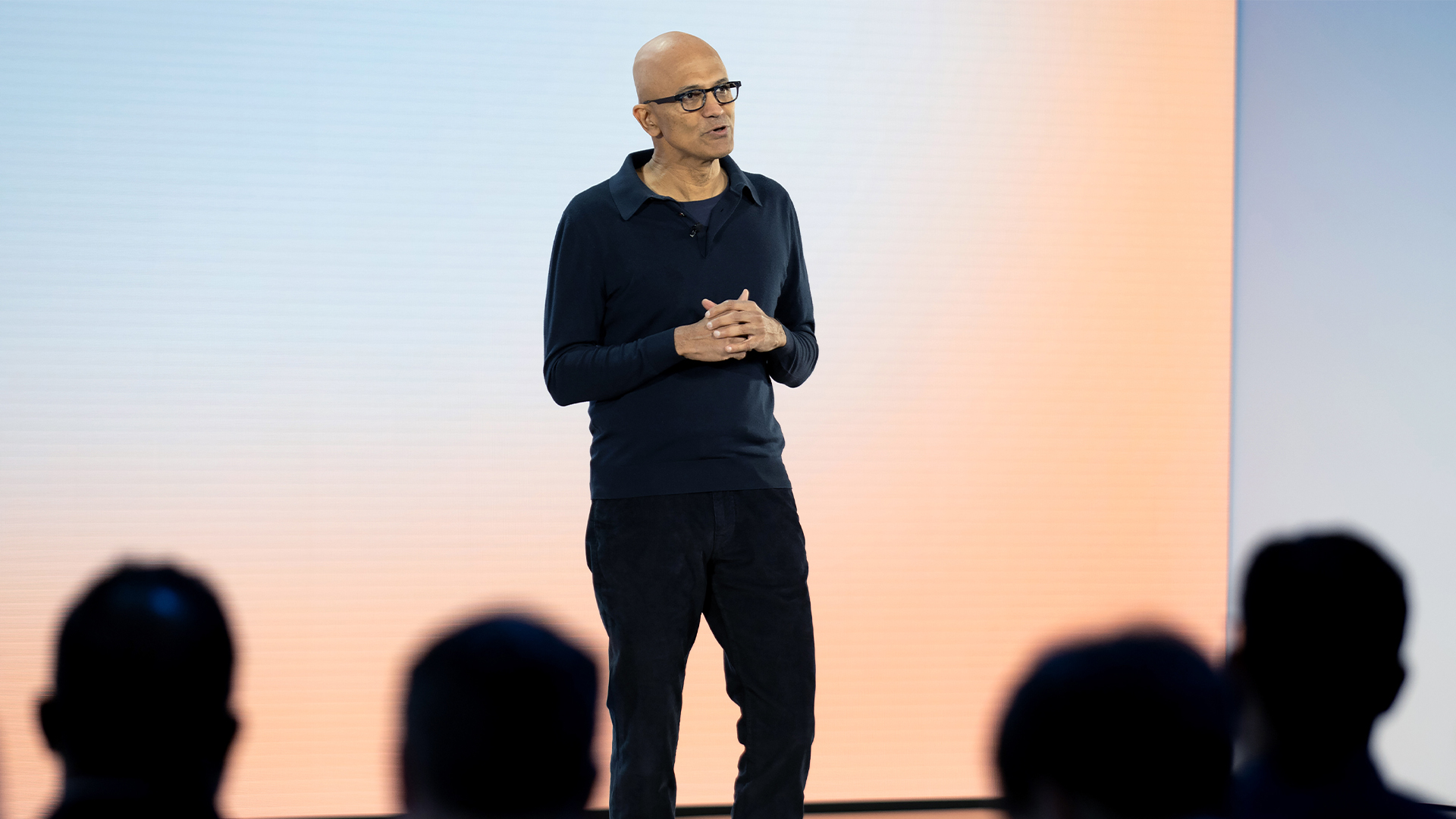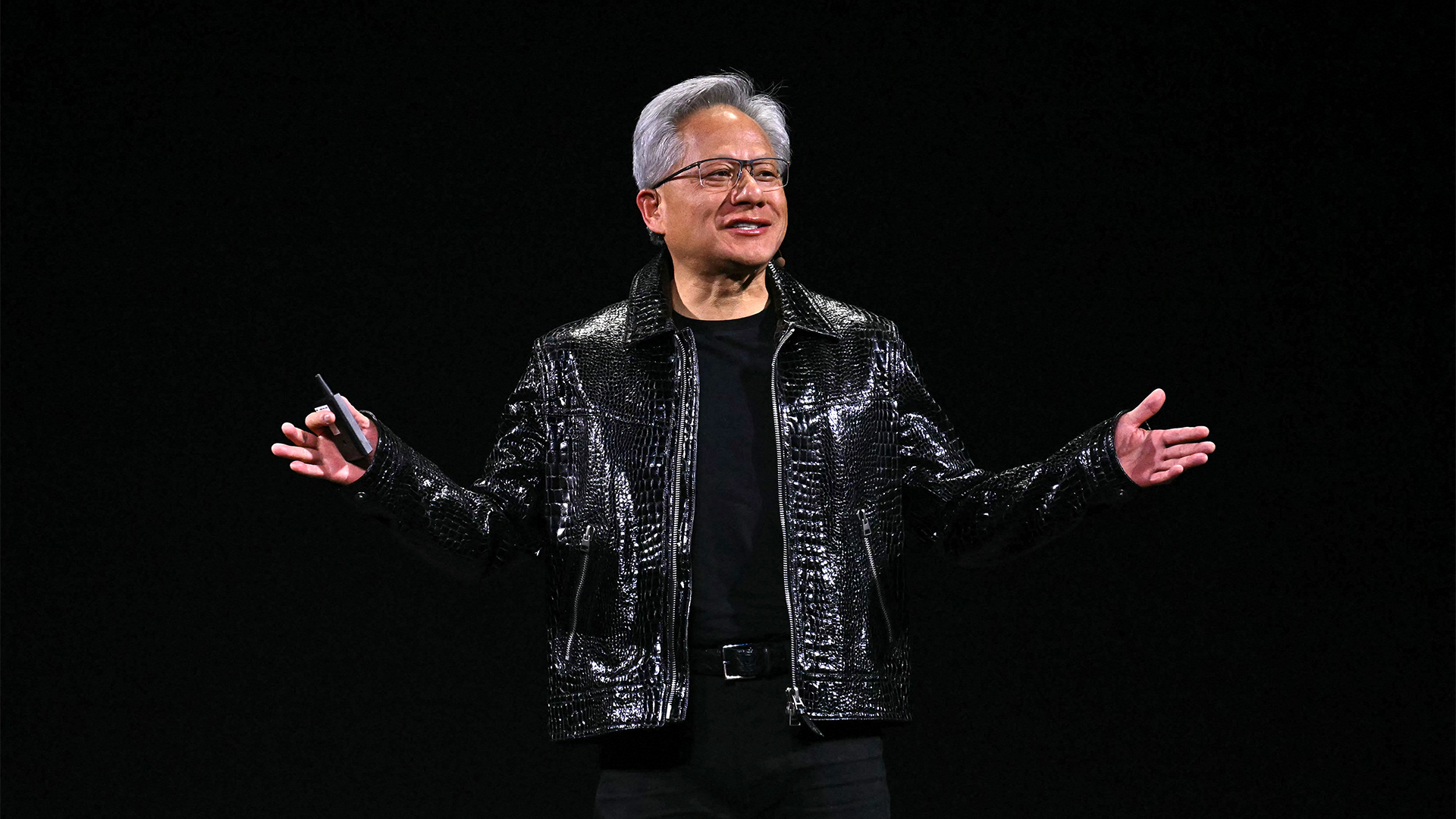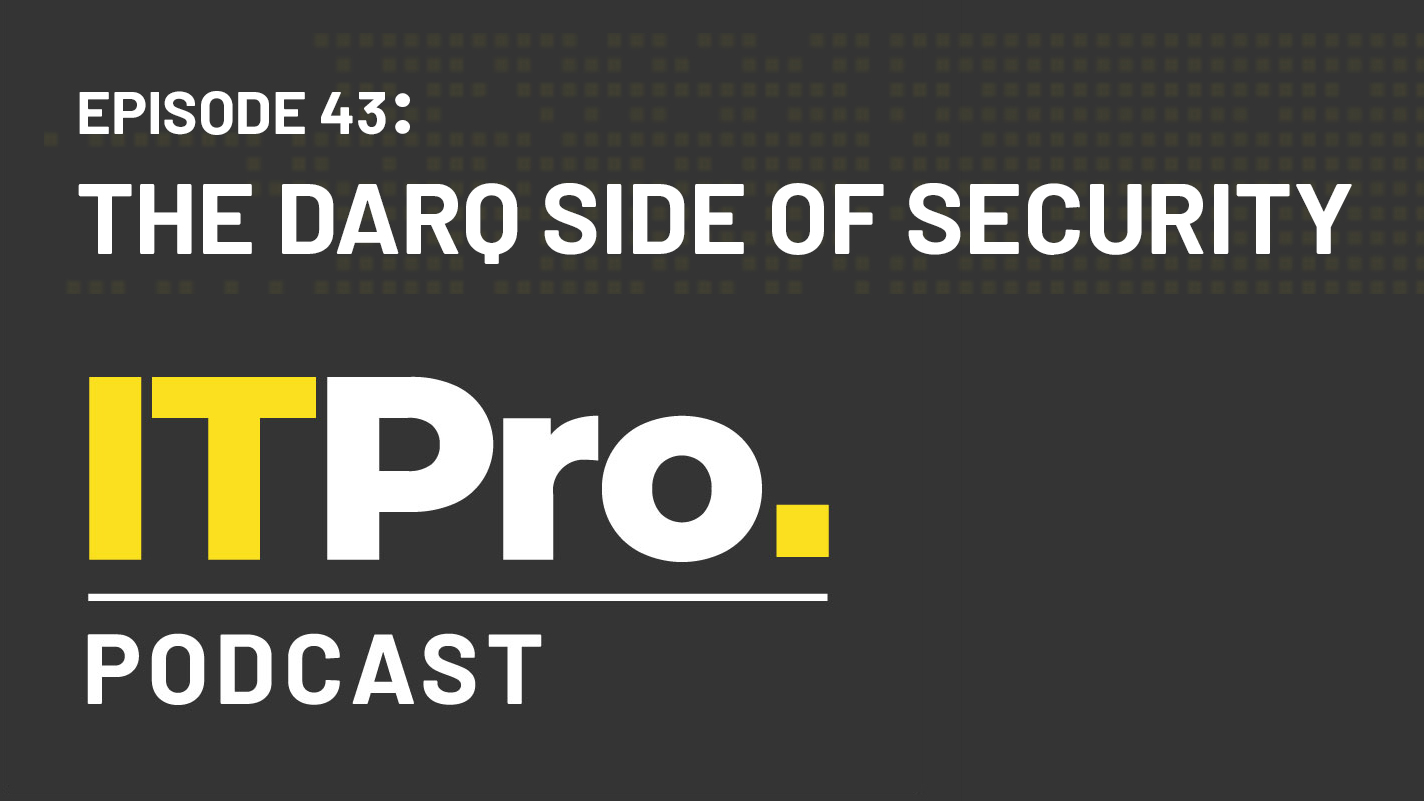Why quantum computing might be much closer to becoming a reality than we think
Quantum computing has always been ‘just a few years away’, but the industry’s latest developments show we could be within touching distance of a breakthrough


Quantum computing has long been promised but has yet to genuinely deliver as a reality. Could the future finally be just around the corner?
In the last few months, IBM, Intel, and other vendors have all announced developments in the world of quantum computing. Intel unveiled its Tunnel Falls 12-qubit silicon-based chip, for example, while IBM announced plans to launch its first European quantum data center and cloud region – another step forward for the quantum cloud.
Industry observers would be forgiven for feeling a distinct sense of deja vu regarding the announcements. Over the last decade or so, the technology has fallen victim to the IT hype cycle in the same way as artificial intelligence appears to have today.
READ MORE

However, while the noise of artificial intelligence (AI) has drowned out much of the quantum discourse in the public arena, engineers and scientists appear closer than ever to making the technology do something useful.
Step back from dire warnings quantum technology will render many encryption standards redundant – as well as the ‘steal now, crack later’ threat – and one can detect some definite progress on the technology that appears perpetually “just a few years away”.
Why scientists feel quantum computing isn't within touching distance
Raymond Simmonds, a physicist at the National Institute of Science and Technology, says he’shopeful that useful results might show up within the next few years.
However, he also points out a more significant milestone was the point at which a quantum computer could perform a calculation simply not possible with regular classical computers. “That’s probably still ten years away,” he tells ITPro.
Get the ITPro daily newsletter
Sign up today and you will receive a free copy of our Future Focus 2025 report - the leading guidance on AI, cybersecurity and other IT challenges as per 700+ senior executives
And, of course, that estimate is for a quantum computer designed for a specific task. Simmonds estimates a universal quantum computer – one that could be reprogrammed in a similar way to classical computers – was still 20 years away.
The issue is one of expectation. It’s easy to forget how long ago the first mechanical switches were implemented, before being shrunk to vacuum tubes, then transistors, and finally to ever more densely packed microchips.
RELATED RESOURCE

Discover the top use cases for Azure VMWare in this on demand webinar.
“I think the difference with quantum computers is the bit itself,” explains Simmonds, The mechanical switch was the first ‘bit’, and it absolutely worked. Our bits don’t completely work.”
Simmonds notes challenges around maintaining quantum coherence and error correction before declaring himself more optimistic than others in the field, who believe a practical universal quantum computer is impossible.
IBM turns down the quantum noise
Nature published results from an IBM team in June 2023 showing quantum computing outperforming classical computers. The research attempted to simulate the dynamics of spins in a material model and accurately predict properties such as its magnetization.
One issue with quantum computing is how noisy things tend to be, making results less accurate than those obtained from a classical computer. However, the researchers were able to mitigate the errors and demonstrate IBM’s Quantum ‘Eagle’ quantum processor outperforming classical simulations.
“We are now entering a new era of utility for quantum computing," said Darío Gil, Senior Vice President and Director of IBM Research.
Intel edges closer to commercialization
Chip giant Intel also took a step forward with Tunnel Falls, a 12-qubit silicon chip, which will be made available to the quantum research community.
READ MORE

Dell CTO, John Roese says businesses must ready themselves for the next major technological breakthrough after AI
AI is nothing compared to the oncoming quantum storm
Jim Clarke, director of Quantum Hardware at Intel, said the plan was “to build a full-stack commercial quantum computing system.”
By making the technology available to the research community, Intel hopes to improve qubit performance and scalability. The follow-up to Tunnel Falls, already in development, is expected to be released in 2024.
However, as Clarke observes: “There are still fundamental questions and challenges that must be solved along the path to a fault-tolerant quantum computer.”
Therein lies the rub. While vendors continue to warn of the coming quantum storm – Dell’s CTO issued a stark warning during Dell Technologies World 2023 – its actual arrival always seems to be five years or so into the future.
Businesses need to prime for a quantum future
At the other end of the spectrum is Chirag Dekate of Gartner, vice president of research covering quantum, AI, and supercomputing.
Dekate notes the perception that quantum always appears to be five years away, but struck an optimistic tone with the roadmaps being produced by companies such as IBM and Google.
The pace of innovation in the quantum field is, according to Dekate, outpacing that of the last decade. He goes further to predict the next ten years of quantum development would outpace the previous century of innovation.
“I'm secretly hoping that the time window for practical exploitation is closer to three to five years, as opposed to ten years,” he ssays.
Regardless of the when quantum computing becomes a practical option for businesses, Dekate says enterprises must begin preparing for an “inevitable” quantum future.
Although Dekate is optimistic technological hurdles can be overcome, he describes the industry as a ‘Wild West’, given the lack of standardization between varying quantum computing vendors. Standardizaing software layers, according to Dekate, will becrucial to creating a stable software ecosystem.
READ MORE

Despite technological challenges, such as error correction, Dekate sees a bright future for quantum computing in the near term.
Where it’s taken classical computing seven decades to reach today’s standards, he says, in terms of quantum computing, this is going to happen over the next seven years”.
“Like we say that every enterprise today is a technology company, every enterprise in the future will be a quantum entity.”

Richard Speed is an expert in databases, DevOps and IT regulations and governance. He was previously a Staff Writer for ITPro, CloudPro and ChannelPro, before going freelance. He first joined Future in 2023 having worked as a reporter for The Register. He has also attended numerous domestic and international events, including Microsoft's Build and Ignite conferences and both US and EU KubeCons.
Prior to joining The Register, he spent a number of years working in IT in the pharmaceutical and financial sectors.
-
 Bigger salaries, more burnout: Is the CISO role in crisis?
Bigger salaries, more burnout: Is the CISO role in crisis?In-depth CISOs are more stressed than ever before – but why is this and what can be done?
By Kate O'Flaherty Published
-
 Cheap cyber crime kits can be bought on the dark web for less than $25
Cheap cyber crime kits can be bought on the dark web for less than $25News Research from NordVPN shows phishing kits are now widely available on the dark web and via messaging apps like Telegram, and are often selling for less than $25.
By Emma Woollacott Published
-
 ‘This is the first event in history where a company CEO invites all of the guests to explain why he was wrong’: Jensen Huang changes his tune on quantum computing after January stock shock
‘This is the first event in history where a company CEO invites all of the guests to explain why he was wrong’: Jensen Huang changes his tune on quantum computing after January stock shockNews Nvidia CEO Jensen Huang has stepped back from his prediction that practical quantum computing applications are decades away following comments that sent stocks spiraling in January.
By Nicole Kobie Published
-
 ‘We’ve created an entirely new state of matter’: Satya Nadella hails Microsoft’s 'Majorana' quantum chip breakthrough
‘We’ve created an entirely new state of matter’: Satya Nadella hails Microsoft’s 'Majorana' quantum chip breakthroughNews Microsoft has unveiled a new chip it says could deliver quantum computers with real-world applications in ‘years, not decades'.
By Emma Woollacott Published
-
 QuEra Computing just raised $230 million to pioneer “fault-tolerant” quantum computing – and it even got Google’s seal of approval
QuEra Computing just raised $230 million to pioneer “fault-tolerant” quantum computing – and it even got Google’s seal of approvalNews QuEra Computing has raised $230 million in funding to drive development of 'fault tolerant' quantum computers, receiving backing from Google and SoftBank.
By Ross Kelly Last updated
-
 We’re optimistic that within five years we’ll see real-world applications’: Google thinks it’s on the cusp of delivering on its quantum computing dream – even if Jensen Huang isn't so sure
We’re optimistic that within five years we’ll see real-world applications’: Google thinks it’s on the cusp of delivering on its quantum computing dream – even if Jensen Huang isn't so sureNews Nvidia CEO Jensen Huang sent shares in quantum computing firms tumbling last month after making comments on the near-term viability of the technology.
By Ross Kelly Last updated
-
 Dell CTO: AI is nothing compared to the oncoming quantum storm
Dell CTO: AI is nothing compared to the oncoming quantum stormInterview Dell CTO John Roese says it's 'disturbing' how badly prepared businesses are to make the most of AI, with poorly curated data fueling current models
By Rory Bathgate Published
-
 What is exascale computing?
What is exascale computing?Explainer Exascale computing marks a step change in computing performance and could have benefits across a range of industries
By Ross Kelly Published
-
 Q-CTRL’s new AI toolset allows quantum computers to self-optimize
Q-CTRL’s new AI toolset allows quantum computers to self-optimizeNews The toolset runs on Q-CTRL’s flagship BOULDER OPAL software
By Praharsha Anand Published
-
 The IT Pro Podcast: The DARQ side of security
The IT Pro Podcast: The DARQ side of securityIT Pro Podcast We explore DARQ technologies, and their potential security implications
By IT Pro Published